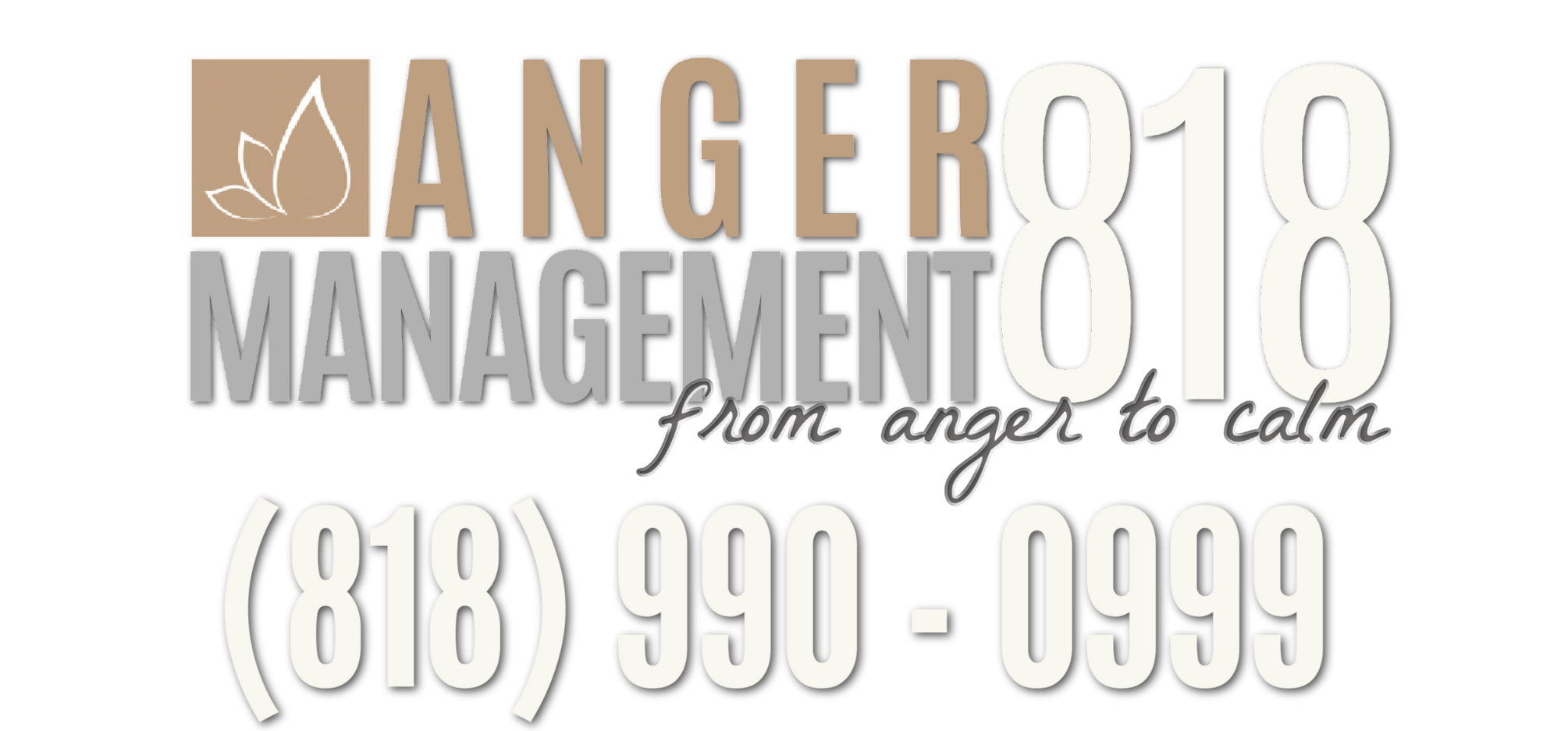Making decisions are challenging. You don’t know whether the decision you make will result in a satisfactory outcome. Or maybe, you are concerned with regretting the decision you make today.
What are some obstacles in decision-making?
A. The grass is greener on the other side: This is an obstacle in the decision making process since you don’t want to result in feeling resentful. Unsure whether you have this viewpoint? If you find yourself frequently thinking that it would have been better to go with another option, then you are likely to have this viewpoint.
B. “You made your bed, now sleep in it.” Of course hearing such messages will impact your confidence of making the “right” or “best” decision. The underlying tone of this obstacle is feeling guilt. Maybe you won’t have the appropriate amount of emotional support from loved ones because they hold you responsible for your misery.
C. The unknown. Not knowing what to expect feeds into feeling anxious. For anxiety sufferers, you may feel a sense of relief once you make a decision. Unfortunately no matter which decision you choose, you may still find yourself worrying.
Some Helpful Strategies to Decision Making
The 4 steps to Decision Making. The 4 steps are used for more simple (non-complex) situations. It includes listing various options and evaluating them.
The 8 steps to Decision Making. The 8 steps are used for more complex situations. In addition to what the 4 steps includes, this strategy incorporates rating the importance of each option, determining the level of influence or control you may have of each disadvantage, along with sorting the level of importance.
Exploratory Questioning
This strategy helps with improving your confidence. It’s the preferred strategy for people who frequently doubt themselves. Some helpful questions include: (1) What would help you feel more confident about your decision? (2) What are your fears around making the decision?
Some Helpful Reminders:
1. No matter what decision I make, I can find reasons to regret that choice. It is up to me to focus on the benefits of my decision.
2. It’s easier looking hindsight and realizing what I could have done differently.
3. I need to trust myself that no matter what decision I make, I will adjust to the outcome.
4. Looking back at all the decisions I made, I have figured a way to manage through the outcome.
Written by: Anita Avedian, MFT
Director of Anger Management 818


